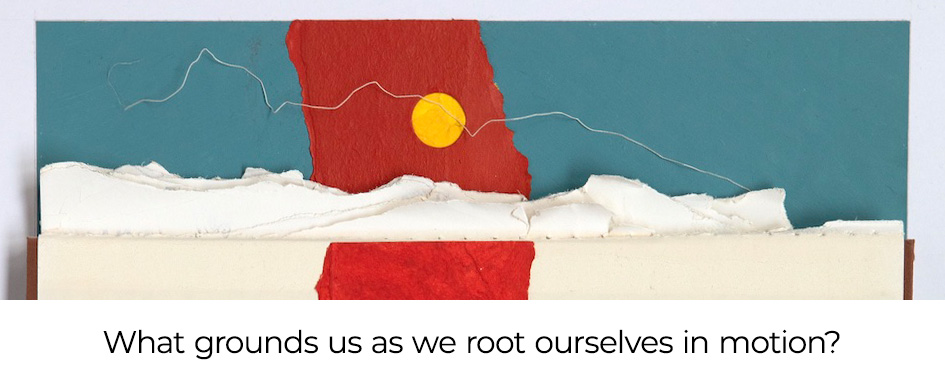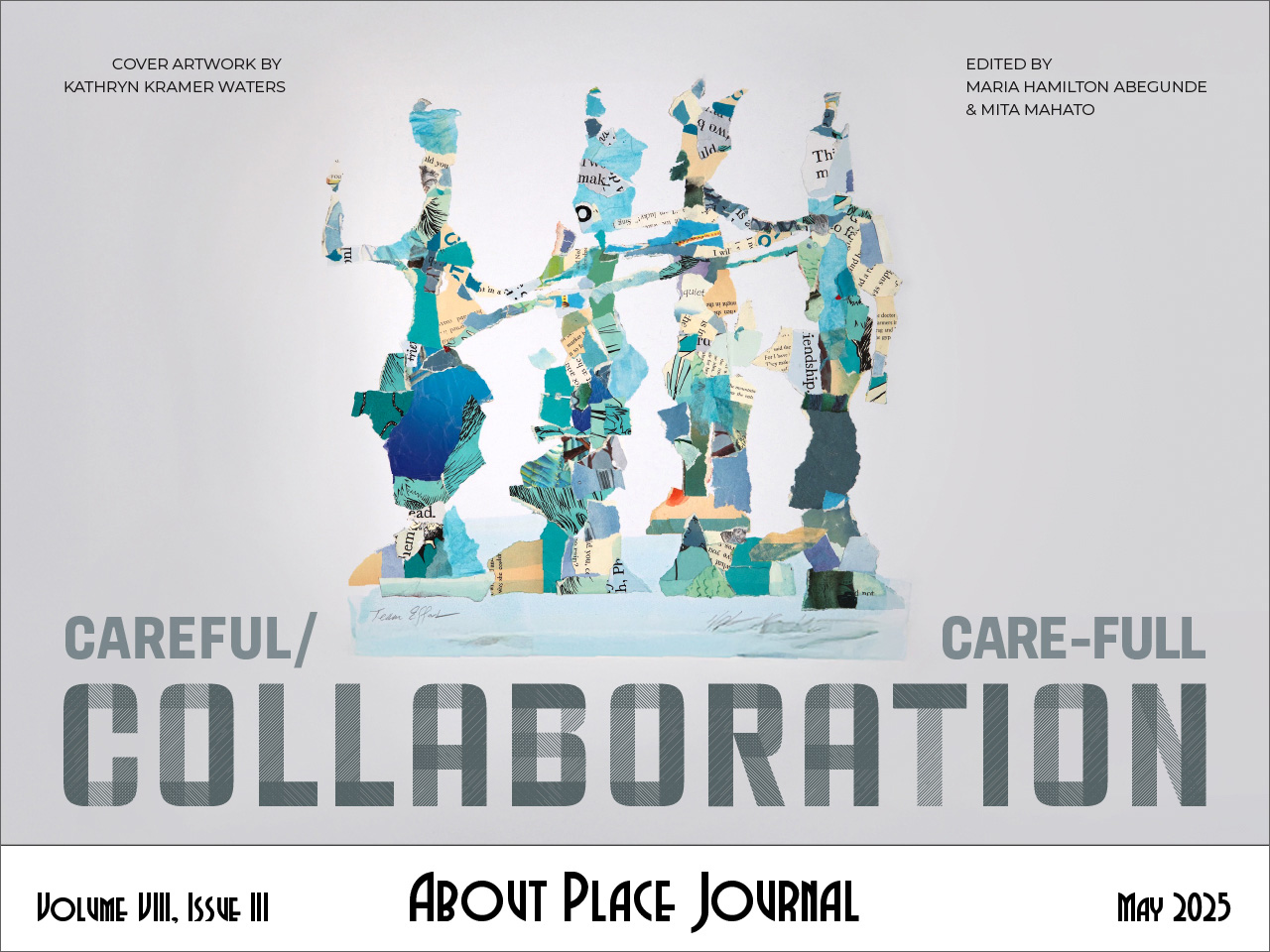love, the peepers with their swollen throats returned, and
next morning, the red-winged blackbirds. All of them raucous
drunk, impetuous, with the urge to mate.
When love is joy, why does it bring heartbreak? Kino said.
If I give it up, I shall lose my soul. Rain then began to dance,
quieting bird song, wrapping each perch with waterfall.
I told Kino the only way to learn that language was the way
a pup wallows in mud until every pore oozes with earthiness.
Still, flowers keep blooming. And we keep expecting
the language of our hearts, wherever we are, to carry each fully-
formed bouquet and hand it over shyly. Kino reflected
on the ten words Zorba had said were all he needed
in a foreign language—and Kazantzakis had done his traveling.
What better way to aspire to love than carry
the odor of a posy in your coat pocket. I asked him
whether jasmine would smell as lovely there as here?
No language evolves by rules. The birds based theirs on the swell
of their breasts. The frogs summarized. Now we know the same art
concerns great issues and small, birds and flowers swirl
into a panorama where clouds re-form moment to moment.
What has been codified forgets to change. Kino asked five times,
Is the sky falling? The sky which had stayed blue all day
turned to shadow. The sound banging against my teeth was loss.
A random phrase uttered in a critique group that we attended became our prompt—and eventually the title. We began by writing twelve lines each then alternated them into a block of text. One of us ciphered the language into a cohesive rough draft. We sent various versions, back and forth, until we were satisfied with the organization and form. Since we have been critiquing each other’s poetry for forty years (!), it felt like a natural process. The exercise reinforced how malleable language really is, that two separate wild outpourings with different points of reference (‘Kino’ and ‘Zorba the Greek’) could be shaped into a vehicle that said something interesting about love and longing.


